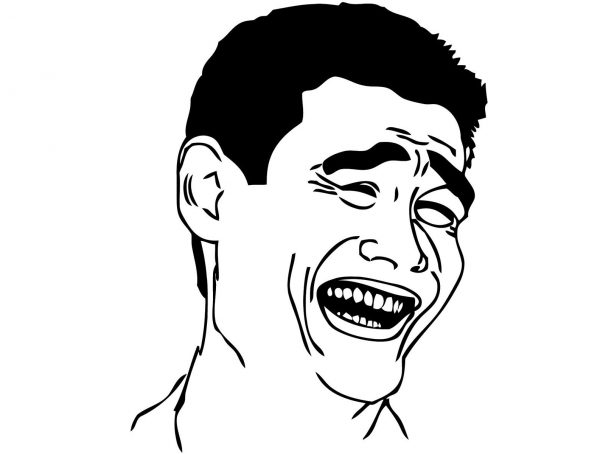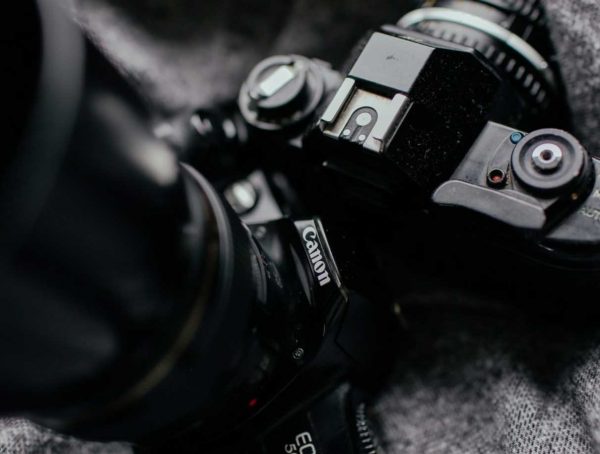Richard P. Liebowitz is a seasoned New York attorney who focuses on intellectual property law, related to copyrights and trademarks, at Liebowitz Law Firm, PLLC. He is a 17-year member of the New York Press Photographers Association and a graduate of the University of Pennsylvania and Hofstra Law School. He helps his fellow artists resolve their intellectual property infringements and protect their work, on a contingency basis. He recently spoke with Devna Bose, a student in the University of Mississippi’s Meek School of Journalism & New Media, about trends and issues in copyright law.
Q: What made you want to go into photojournalism and law?
A: I was a photographer my whole life and traveled with photographers in high school and college. And I knew it was an ongoing problem with the colleagues then that I traveled with and their stuff would always be ripped off and they didn’t know where to turn. And they would contact the company and they would never get back to them. They would say sue me or they would say all the excuses in the world. I wanted to solve that problem because photographers at the end of the day need to make a living, and if they’re not getting paid for their work, they need to. I followed kind of my passion for the law and for journalism and created a niche practice helping professional photographers with these issues. I also photograph, but I’m seeing photographs through the eyes of my clients every day. It’s really important to help and I’m happy I geared my practice towards helping photographers.
Q: What are some of the most common mistakes that young journalists make regarding copyright law?
A: One thing would be that they don’t register their work with the copyright office. I think that’s an issue. They need to build it in their workflow. They need to register their work every three months, four times a year, with the copyright office because then you’re protected and you can get the statutory damages that are significant. If they just showcase their work on social media, it’s just going to be another commodity and people are going to take it and use it without their permission. They could just build it in their workflow and protect it from infringement forever.
Q: Have you had any personal run-ins with incidents involving copyright law?
A: Yeah, I mean personally, a lot through colleagues—seeing friend or other photographers stuff get taken. It’s an issue, so I’m really here to help.
Q: What are a couple of attributes that you think young journalists should have?
A: I think that what they should do is focus on being creative and getting their work out there but also at the same time, protecting their work. I think there has to be a balance for them to be successful photojournalists in the future working for news outlets or being a freelancer.
Q: What do you think about young people working with big photojournalism outlets like Getty Images and AP?
A: It depends on what service someone is providing. Not all of them are you giving away their rights. At the end of the day, they should know that photographers should own the copyright to the work and there should be some negotiating. Everyone comes together—it’s different if it is work for hire—and say we want to own the copyright. I think that will help if everyone unites and then they might have to change that that you own the copyright. They own the sales, but you as the photographer should own the sales?
Q: What are some things that you have seen recently in copyright law that you haven’t seen before, with social media evolving?
A: A lot of cases with people posting things on social media and people are stealing from there. It’s a constant battle with infringers and photographers posting on media that is causing a lot of cases. The Fair Use issue and the DMCA issues that are evolving; it’s always changing. There’s going to be new cases coming out constantly. The area is very gray. It is never set in stone. Hopefully, in the upcoming year, there will be more cases and more case law to make it less gray in that area.








